Resilience expert Dr Chris Johnstone offers some strategies that can help
Resilience expert Dr Chris Johnstone offers some strategies that can help
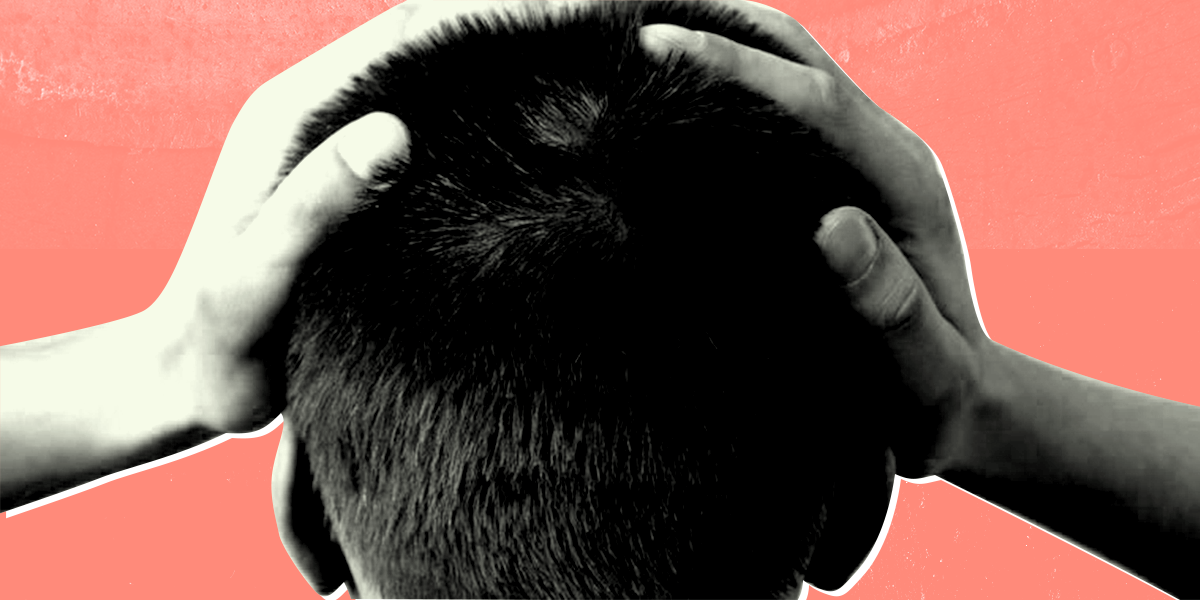
When facing a world situation that is scary and depressing, don't be surprised if you feel anxious or depressed.
"When it really sunk in, I went into a deep depression", Caroline told me, describing her reaction to learning more about climate change. David nodded, he'd been there too.
Have you?
Emotional dips and distress are normal reactions to disturbing information. They can play an essential role in activating our response. Yet at the same time, traumatic stress, whether experienced directly or witnessed in others, is a recognised risk factor for depression and anxiety. How can we face disturbing realities and allow ourselves to feel appropriately moved, yet also protect our mental health?
Here are five steps that can help...
1) Ask yourself 'could this be healthy?'
We feel what we feel. That's our starting point. But the way we think about our feelings can go several different ways. For example, some years ago, I found myself in a deep dip, with worries about a possible future of societal collapse playing on my mind so much I had trouble sleeping. I felt subdued and distracted, with feelings of alarm, guilt and despondency. For several weeks I found it hard to function normally. With enough symptoms of depression here for me to receive that diagnosis, this seems a long way from a picture of mental health. However, if I think in terms of a sequence of mental health, rather than a picture, my reaction might seem appropriate and even healthy.
Here’s how.
A sequence unfolds over time. Like a series of frames in a movie, I can trace a process that develops through different stages. Looking back, I see how my descent into low mood was part of my journey of coming to terms with a tragedy of epic proportions. When we see how much is being lost in our world, and how much more we're likely to lose, 'climate grief' and 'eco-anxiety' start to feel like normal, healthy reactions.
I use the term 'transformative dip' when our experience of distress changes us in ways we value, for example, by acting as a wake-up call of 'inspirational dissatisfaction' that rouses our response (see Fig 1 below).
Fig 1 - the sequence of a transformative dip
Swedish climate activist Greta Thunberg describes this same process:
"Before I started school striking, I was like that. I was so depressed and I didn’t want to do anything... I know so many people who feel hopeless, and they ask me, “What should I do?” And I say: “Act. Do something.” Because that is the best medicine against sadness and depression." Greta Thunberg
One way to protect our mental health is just to recognise that pain for the world (an umbrella term for the range of ways we experience distress about our world situation) can be profoundly healthy. What might happen if none of us felt this?
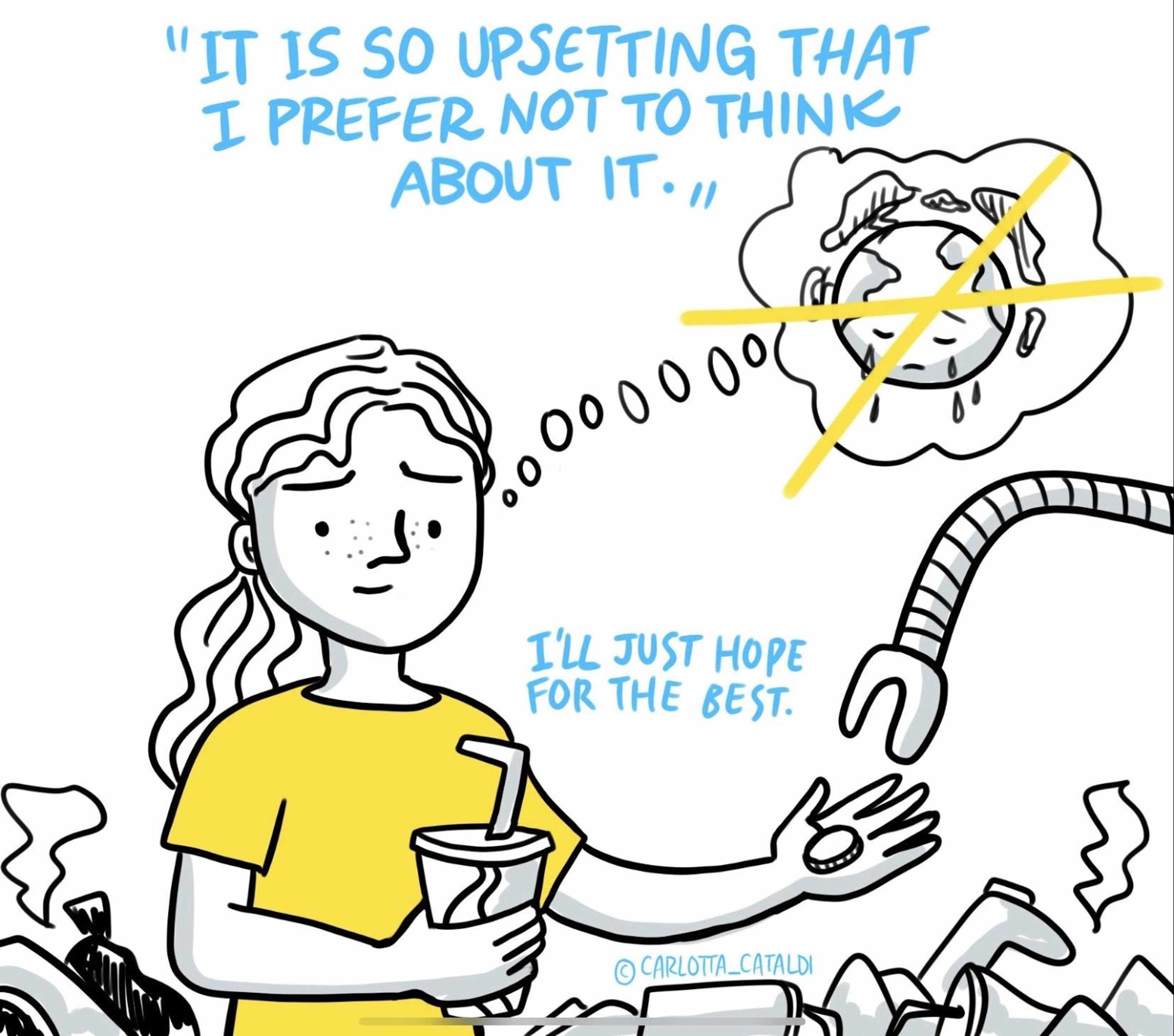
Fig 2 - credit - Carlotta Cataldi - What is the effect of thinking this way?
By placing our emotional reactions within a larger timeframe, and recognising the role they might play, it is easier to see their life-preserving value. However, a temporary transformative dip is not guaranteed. We can get stuck in low mood or anxiety, feel overwhelmed and paralysed or respond to these feelings in harmful ways.
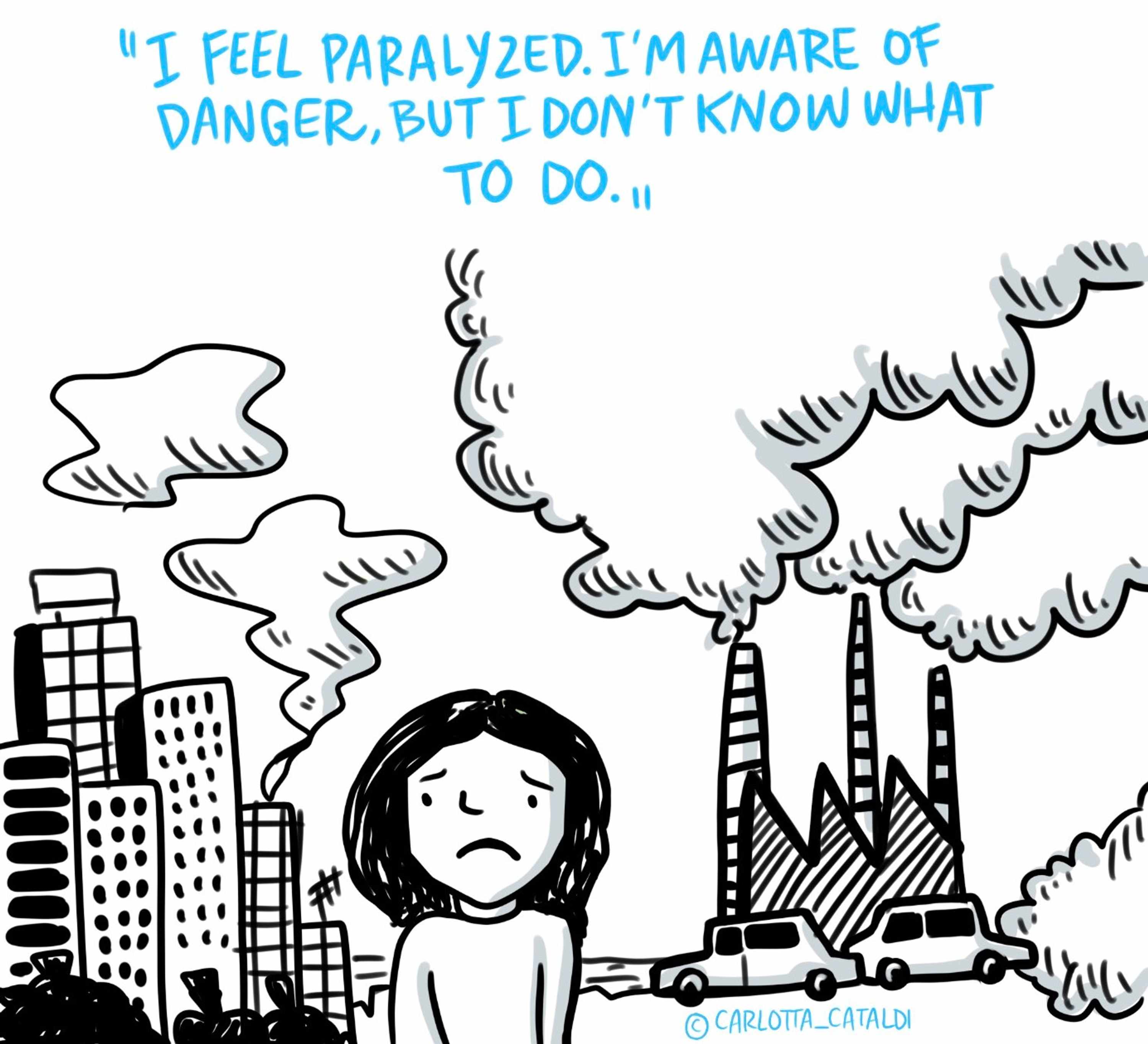
Fig 3 - credit - Carlotta Cataldi - Don't be surprised if you feel overwhelmed or paralysed
To protect mental health we need to look at what helps us cope with emotional unsteadiness, recover from dips and rise to the challenge of addressing the issues that concern us.
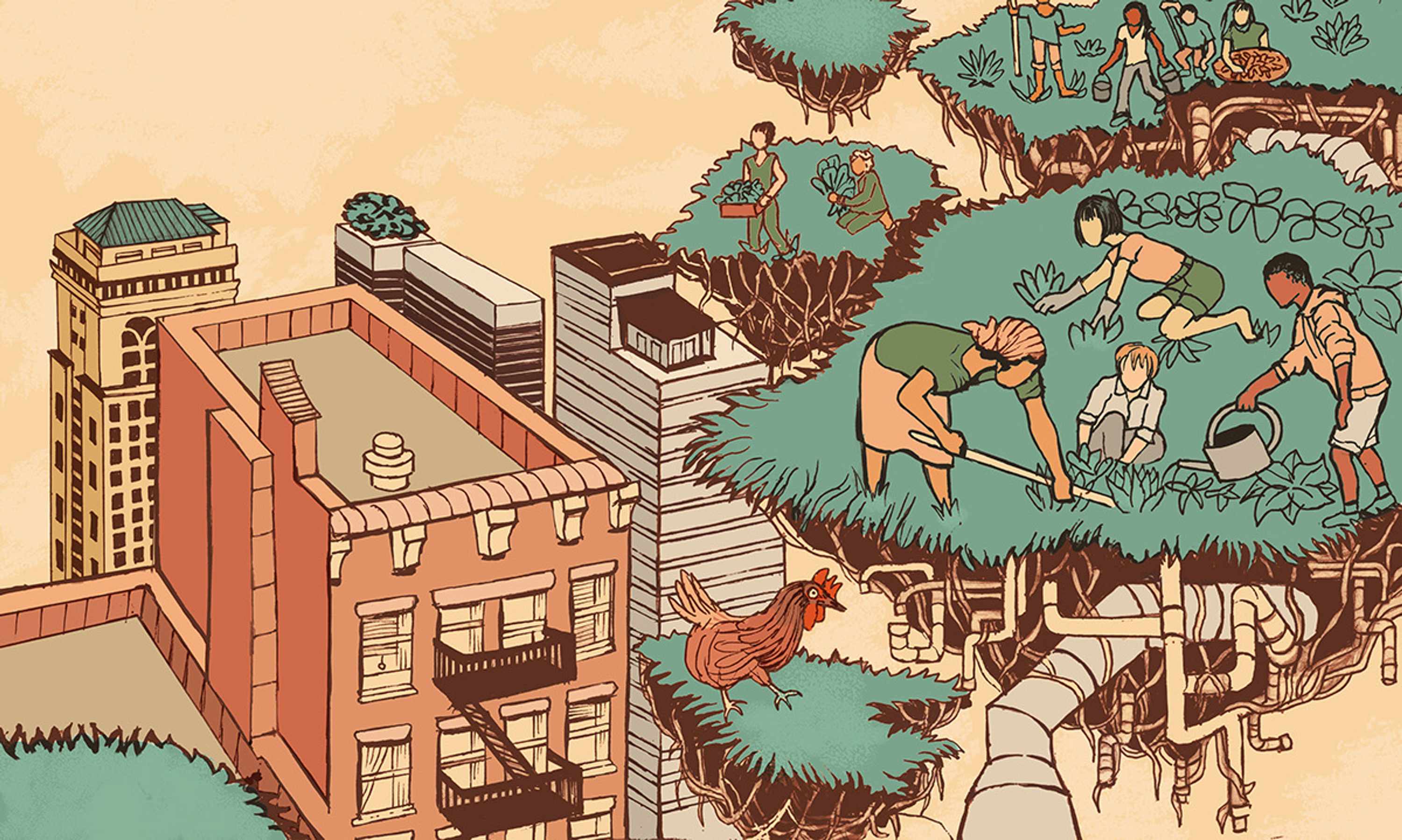
2) Engage in Regenerative Practices
A useful saying in mental-health recovery groups is 'Look, don't stare'. Facing reality involves giving attention to bad news, but our focus can get stuck there. If we're to give our best response to a challenge we find overwhelming, it helps to resource ourselves first, or at least to step back from time to time, taking pauses for renewal.
A regenerative practice is one that helps us become recharged and more resourceful. A simple example is focusing attention on what we love or appreciate, as well as those we feel grateful to. Are there special times or places that bring a smile to your face? Who’s encouraged, supported or inspired you? Gratitude is a social emotion that points our attention outwards to the networks that sustain us. When we call to mind times we feel nourished by and those we receive from, it resources us, strengthening our capacity to rise to challenges we face.
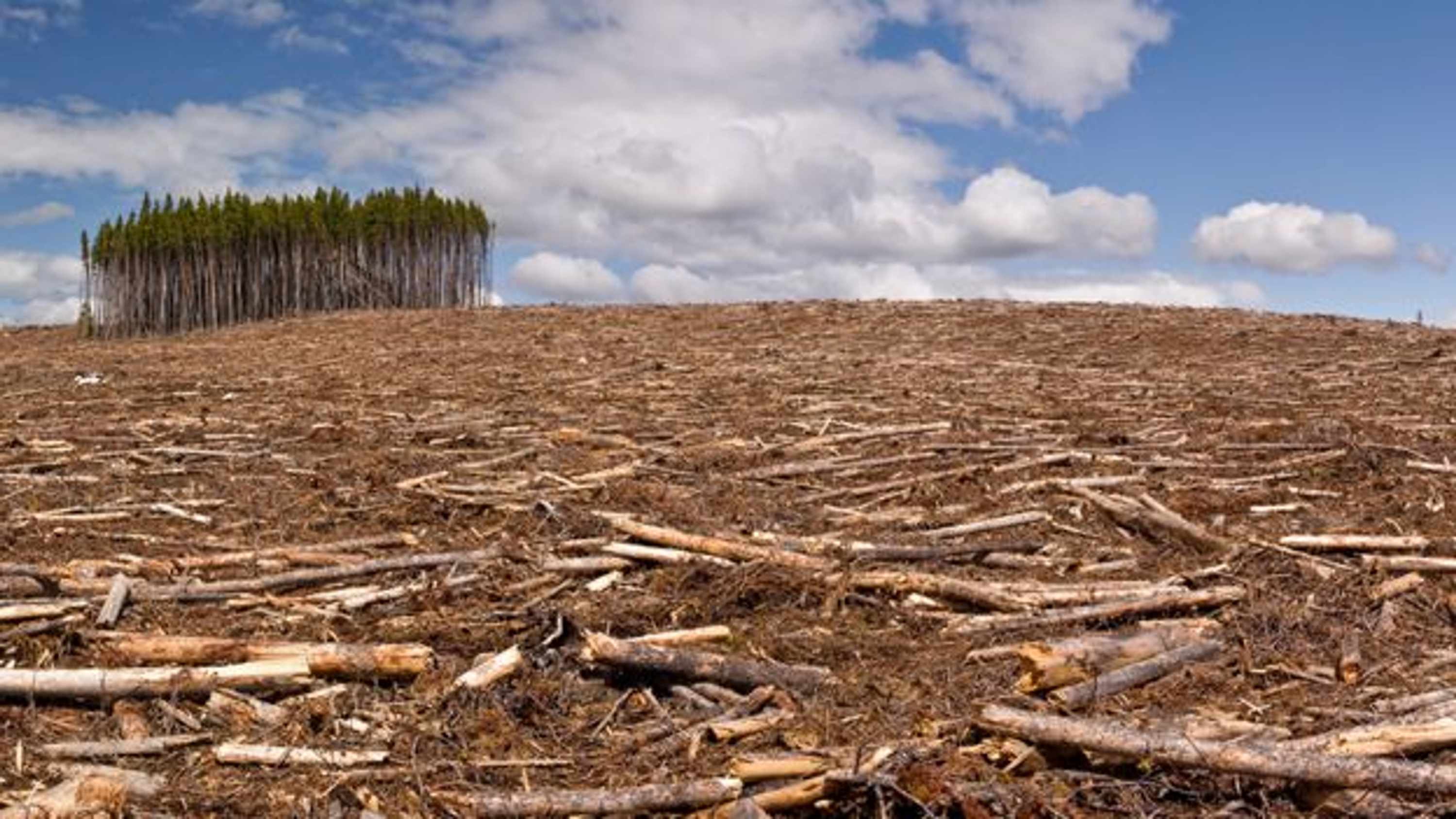
3) Honour your pain for the world
If someone you loved was seriously ill, you might feel understandably anxious and upset. If they died, your grief might leave you deeply sad. Strong feelings are an expected reaction to significant threat to, or loss of, those close to us – we feel because we care. Finding ways to honour these feelings by giving voice to them is a way of paying tribute to the valued relationship they grow out of.
So what happens when we feel close to our world? If we cared deeply about the loss of species and life-preserving habitats, would we blindly carry on with the behaviours that destroy them? If a loss doesn’t mean much to us, we’re less motivated to prevent its repetition. To turn around our spiral of destruction, perhaps we need to ‘hit rock bottom’ by allowing ourselves to feel the pain that tells us the way we’re collectively living is wrecking our world.
An important first step in honouring our pain for the world is to notice it if it is there. It can help to open up a listening space, to check-in with ourselves. For example, what comes up when you complete the following sentences: “when I think about what’s happening to the world, concerns I have include…. And feelings I experience related to this are…’
If there is distress, we don’t need to brush it away. If we feel numb or empty, these can be expressions of grief too. Emotional intelligence begins with emotional-awareness, and if it hurts we can say ouch.

4) Apply a growth mindset to our power to change things
Over a decade ago, the Mental Health Foundation carried out a survey asking people how they felt about global issues. The commonest response was powerlessness, where people felt there wasn’t much they could do to address their concerns. Yet if the idea that we can’t change the world was really true, would we have climate change?
Feelings of powerlessness are a risk factor for depression, and when we’re feeling low, we tend to be more pessimistic about the likely impact of our actions. This creates a vicious cycle that leaves people both more depressed and less likely to try and make a difference. Yet it is possible to turn this spiral of resignation around.
Psychologist Carol Dweck suggests that if you ever find yourself thinking “I can’t do this”, try adding the word ‘yet’. That invites a shift in perspective, where you recognise that the process of finding a way involves looking for one, not giving up too quickly if you feel blocked. This is the ‘growth mindset’; it involves a preparation stage of change where if you feel stuck, you see this as a time to seek out training, tools and allies that might help bring about a shift.
For over three decades now, I’ve been involved in running trainings that help people build their capacity to address concerns about the world. Based on an approach developed US author and activist Joanna Macy, a follow up study showed participants found these workshops both personally healing and nourishing of their sense that they could make a difference in the world. Research also shows that when we learn practices that help us creatively face problems, this can be as effective as antidepressants in the treatment of depression.
Growing our capacity to make a difference in the world isn’t the same as fixing problems like Climate Change. The scale of harm done is already so great that we're heading for further climate disruption even if we give our best response. Yet at the same time, there are different ways this crisis can unfold, some much worse than others. An important choice available to us involves considering the story that happens through us. Do we just go along with the narrative of business as usual? Or could the recovery of our world be something we contribute to and that happens through us? Choices we make every day influence how much we participate in each of these stories.
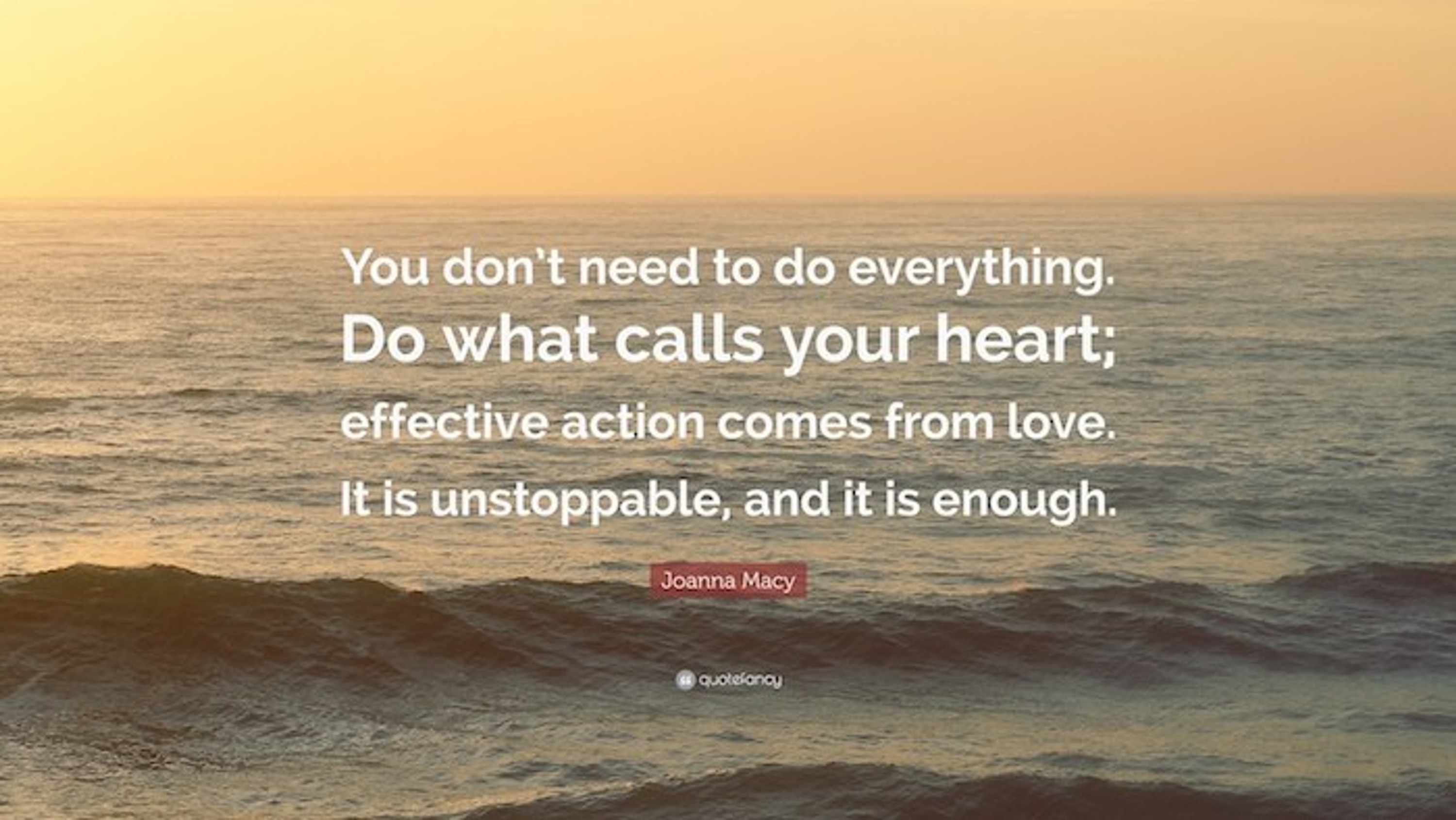
5) Offer your gift of Active Hope
Active hope is different from being hopeful. It is about being active in support of the future we hope for. When we think about the best that can happen, and the story of how this might come about, each of us can play a role in that. Our gift of active hope is our personal contribution, our offering to movement in the direction we'd prefer.
When we contribute to a story that addresses what we find depressing, we're acting as a form of planetary antidepressant. We are countering depressing realities. That is a way to protect not only our mental health, but also our collective health, in a time of climate crisis.
---
_Chris Johnstone trained as a medical doctor and worked for many years in mental health. His books include Active Hope - how to face the mess we're in without going crazy (co-authored with Joanna Macy), and Seven Ways to Build Resilience - strengthening your ability to deal with difficult times. His website is at _chrisjohnstone.info


